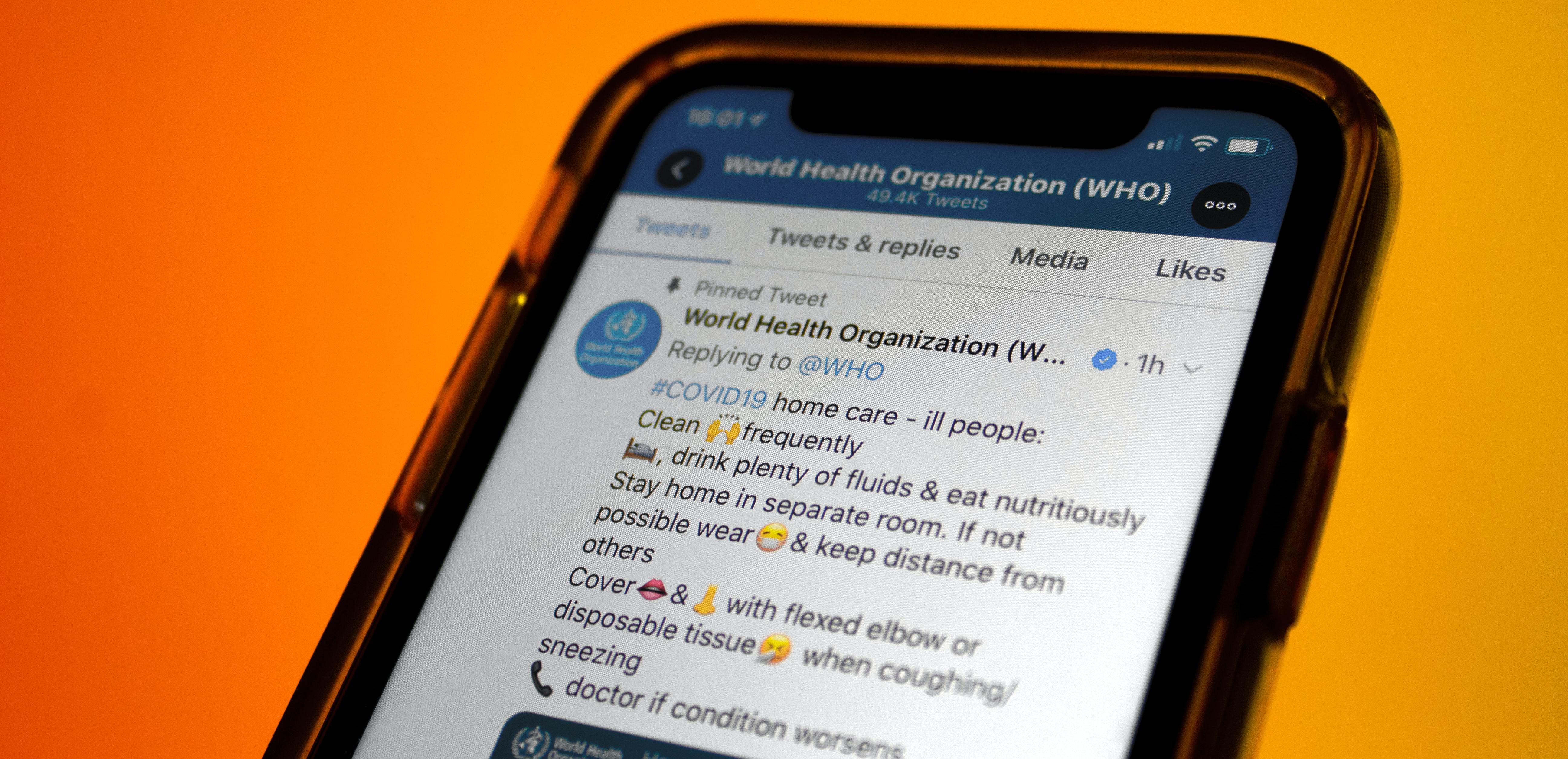
Polish Medics Bring Italian COVID-19 Experience to Kyrgyzstan With WHO Support
A team of medics from Poland went to Kyrgyzstan to share their experience from virus-hit Italy and transfer knowledge and skills to their peers. This support was part of the Emergency Medical Team initiative coordinated by WHO and was organized as a fast track to improving the care of COVID-19 patients in Kyrgyzstan.
The polish medics’ experience from virus-hit Italy enabled a valuable transfer of knowledge and skills and a fast track to improving the care of patients battling with COVID-19 in Kyrgyzstan.
Team leader, Dr Michał Madeyski, emphasized the practical hands-on nature of their task to advise and support health-care workers in Kyrgyzstan. “The doctors we met always appreciated the fact that we went with them to see patients and stand at their bedsides. It was important for them to see us working side by side and not just making theoretical statements. This way they knew they could trust our medical background.”
On-the-job training in the capital and beyond
During the 10-day support trip, the 8-person EMT visited infectious disease services in the capital, Bishkek, as well as travelling to 6 hospitals in the southern regions of Osh and Jalal-Abad. The Polish clinicians included 3 anaesthesiologists, 3 paramedics, a general practitioner and an intensive care nurse.
Marina Davletbaeva was one of the health workers who appreciated their advice on how best to support patients with severe coronavirus symptoms. “When the Polish medical workers came to our hospital we worked practically around the clock. They showed us how to reorganize the hospital to increase the number of beds, and how to put on and correctly use personal protective equipment. I felt inspired by their calm manner and professional approach.”
Dr Madeyski pointed out that his team included 2 interpreters, provided by WHO Kyrgyzstan, who both had medical backgrounds, making it much easier to discuss key technical concepts. Nevertheless, he stressed that being able to deliver on-the-job training was crucial, highlighting the need to demonstrate some techniques in person. “It is a very different thing to listen to someone talking than to have a go at doing something yourself,” he observed. “It’s not enough to hear about how to set up a ventilator – they need to be able to stand at a patient’s bedside and set one up.”
The Polish doctors noted the high level of competence of Kyrgyz health specialists in terms of administrative and practical measures taken to protect health-care workers. The team recommended continuing to follow basic preventative measures, ensuring proper airflow in patients’ rooms, following hygiene requirements and practicing social distancing.
On completion of the trip, the team held a debriefing with high-level government representatives, including the deputy prime minister and the deputy head of the President’s office.
“This exercise serves as a good example of international coordination between WHO, the medical workforce and Kyrgyz national authorities. It also demonstrates that we must work together, united on all fronts and assist national authorities, as this is a global crisis requiring a global, coordinated response that has a positive impact at the country level,” highlighted Dr Nazira Artykova, WHO Representative in Kyrgyzstan.
Supporting Kyrgyzstan’s COVID-19 response
The WHO Country Office in Kyrgyzstan coordinated the field visit with the government, including the Ministry of Health and the Ministry of Foreign Affairs. It follows previous successful training sessions which took place earlier in the year to help the country develop a contingency plan in preparation for a COVID-19 outbreak.
Kyrgyzstan, alongside 16 other countries in the WHO European Region, received 1300 laboratory testing kits over 3 months from WHO/Europe. The country also received personal protective equipment for frontline health-care workers, as well as for laboratory staff testing swabs from patients with suspected COVID-19. More than 310 health-care workers completed online training courses in the clinical management of patients with COVID-19.
Overall, the COVID-19 response in Kyrgyzstan was found to be well organized and orchestrated largely in line with WHO guidelines. These have been further strengthened by the presence of a medical team on the ground able to share best practices between Poland, Italy and Kyrgyzstan.